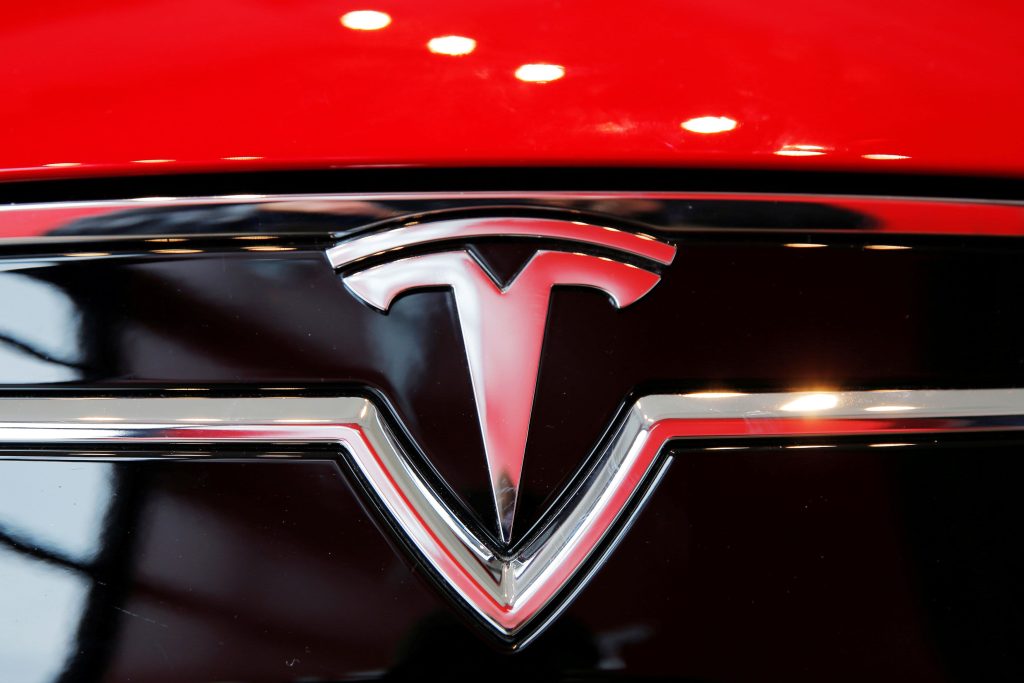Tesla (TSLA) shares dropped to new multi-week lows as slowing China shipments and new price cuts there hint at troubles for the EV stalwart in the world’s largest car market.
Tesla reported 60,365 vehicle shipments from its Giga Shanghai factory in February, according to preliminary data from China’s PCA (Passenger Car Association) via Bloomberg. The February shipments represent a 16% drop from a month ago, a 19% drop from a year ago, and the lowest shipment total since December 2022.
Tesla shares closed down 7.16%, its lowest close since Feb. 13.
The Chinese Lunar Holiday, during which the country shuts down for nearly two weeks, fell in February of this year. Historically, this has led to depressed economic activity and sales in the country. In addition, Tesla uses earlier months in the quarter to fulfill shipments outside of China and generally ramps up shipments later in the quarter for China domestic sales.
But Tesla’s lowest shipment total in over a year is a concern for the company, which sees China as a huge growth market. Even China’s BYD, which surpassed Tesla in overall EV sales in Q4 and generally dominates the Chinese EV market, saw its February sales tumble to 122,311 units from 193,655, a 37% drop.
China now sells the most EVs in the world, but a recent slowdown in demand for EVs has led automakers there to engage in another price war earlier this year — and this includes Tesla.
According to a report from Deutsche Bank’s Emmanuel Rosner published on Monday, Tesla’s latest incentives on the mainland include the “equivalent of ~$4.8K price cut to customers who purchase from existing inventories of Model 3 and Model Y vehicles by the end of March.” Rosner said the new incentives include insurance discounts, discounts on paint changes, and preferential financing plans on the Model Y.
The latest incentives come after Tesla cut prices in January for the Model 3 and Model Y by 5.9% and 2.8%, respectively.
The competition is fierce in China’s EV market, and Tesla having to cut prices and possibly reduce shipments is definitely a concern for investors.
On the flip side, at least the threat from BYD won’t be materializing in Tesla’s US home market, at least right now.
“We’re not planning to come to the US,” Stella Li, executive vice president of BYD and CEO of BYD Americas, told Yahoo Finance Live. “It’s an interesting market, but it is very complicated,” she added, citing growing political pushback on Chinese companies and the slowing rate of growth for EV adoption.
Concern about BYD entering the US market was growing as the China-based automaker was reportedly going to use Mexico-based factories to import EVs into the US without a tariff penalty under the terms of the United States-Mexico-Canada Agreement.



